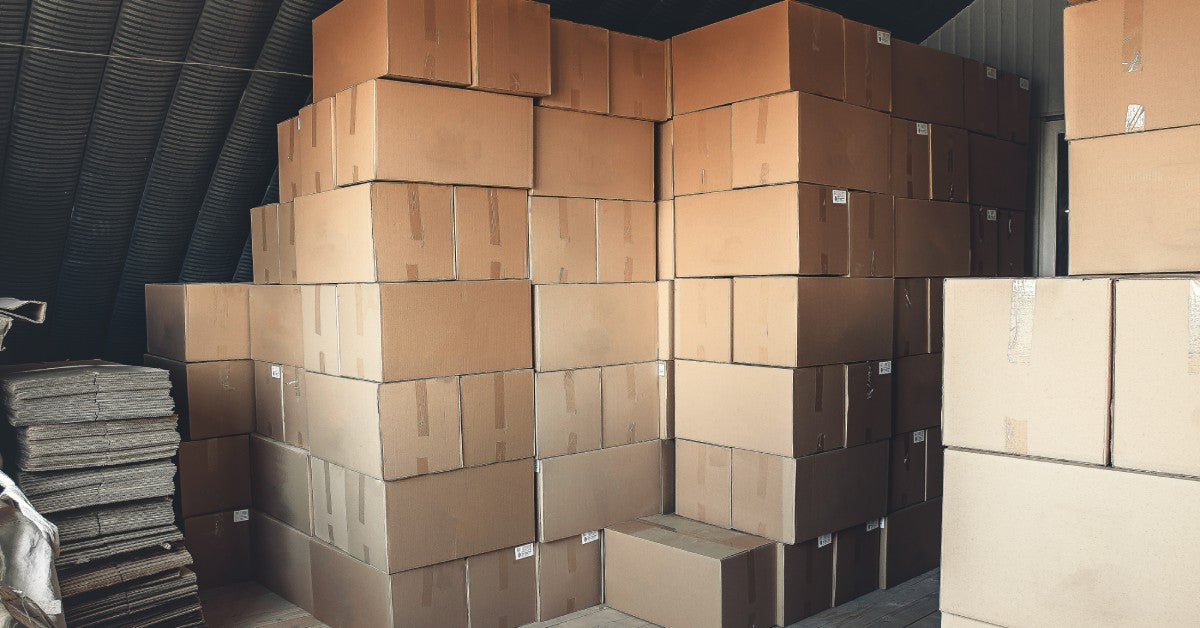When planning a successful fundraising event, choosing the right items to sell or auction can make all the difference. While it’s easy to grab a few things off the shelf at the local store, many fundraising coordinators prefer bulk purchasing. If you’re interested in this method, review our guide to bulk purchasing for fundraising events.
Know Your Market
Before you start looking for items to buy in bulk, you must understand who your supporters are and what they value. Consider these factors:
- Demographics: What is the average age, gender, and income level of your supporters?
- Interests: What are the hobbies and interests of your supporters? For example, if you’re fundraising for an animal shelter, supporters may appreciate products related to pet care or animal welfare.
- Feedback: Look at feedback from past events or conduct surveys to gather insights on what types of items your supporters would want.
Budget Wisely
While bulk purchasing comes with significant discounts, it’s still essential to establish a clear budget before you start shopping. Consider the cost of the items and any additional expenses such as shipping, storage, and taxes.
Research various wholesale suppliers to understand what you can expect to pay. Don’t hesitate to negotiate with vendors, especially if you plan to make a sizable purchase. Many suppliers are willing to offer better prices for larger orders.
Evaluate Quality
Just because a wholesale donation item is inexpensive doesn’t mean it’s suitable for your event. Always evaluate the quality of potential bulk purchases to ensure they meet the standards of your organization and its supporters. This is especially important for items that people will use or consume during the event.
Request samples to gauge the quality of the products. Remember, high-quality items can enhance the value of your event and encourage attendees to support your organization in the future.
Consider Storage and Shelf Life
Consider where and how you’ll store the items before the event when bulk purchasing for fundraising events. Make sure you have enough space appropriate for the items you’re buying (i.e., dry, cool, etc.), and keep in mind the duration between purchase and event date.
If you’re considering edible items, always check their shelf life to ensure they will remain suitable for consumption by the time of your event. Proper planning will help you avoid waste and keep your costs down.
Analyze Past Purchases
After your event, review the success of your bulk purchases. Which items sold well? Did any go unsold? What feedback did attendees provide about the quality and appropriateness of the items? By keeping a record of these insights, you can make more informed decisions for future fundraising events.

